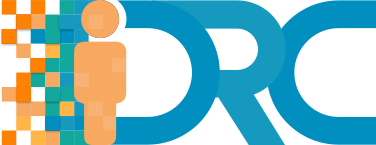O1. Create the ‘Digital Citizenship profile/identity’ of schools-wide (Leading partner CARDET)
The consortium reviewed the state of the art regarding the development of digital skills in primary schools and authored a report summarizing the methods, objectives, policies, and strategies that are used in each partner country.
O2. Design Pedagogical Framework for the development of e-Toolkit on Digital Citizenship (Leading partner TAMAT)
This output focused on the collection of the DRC Catalogue of best practices and tools for the development of digital skills in primary school education practices.
O3. Create the Digital Literacy and Citizenship Guide for teachers (Leading partner FIPL)
This output comprises a guide for teachers and presents guidelines and ideas on how to design learning activities across the curriculum that promote students’ digital skills.
O4. Development and Evaluation of the Digital Citizenship Programme and Curricula on digital literacy (Leading partner CARDET)
The DRC curricula on digital literacy provides practical tips, pedagogical tools, methods, resources and material for teachers and students.
O5. Development of Digital Citizenship App (Leading partner INNOVADE)
The app is an adventure gamified environment and teaches primary school students the fundamental of digital citizenship through a series of dilemmas that take the form of mini-games. These games are based on the five digital competence areas of the DigComp framework.
O6. Deliver workshops to students (Leading partner FIPL)
Primary school student (ages 6-12 years old) workshops were held to introduce and evaluate the material and resources of the Digital Citizenship Programme and Curricula on digital literacy.
O7. Offer certified training MOOC to teachers
The online certified Digital Citizenship course aims to support teachers to develop a positive attitude towards digital citizenship and to guide them on how to cultivate responsible, ethical, global citizens in a digital highly connected world. The course is composed of 5 interactive Modules with 4 units each. The modules are mapped to the 5 key competences proposed by the European Commission for the “Digital Competence Framework” (e.g. Information and data literacy, Communication and Collaboration, Digital content creation, Safety and Problem Solving).


